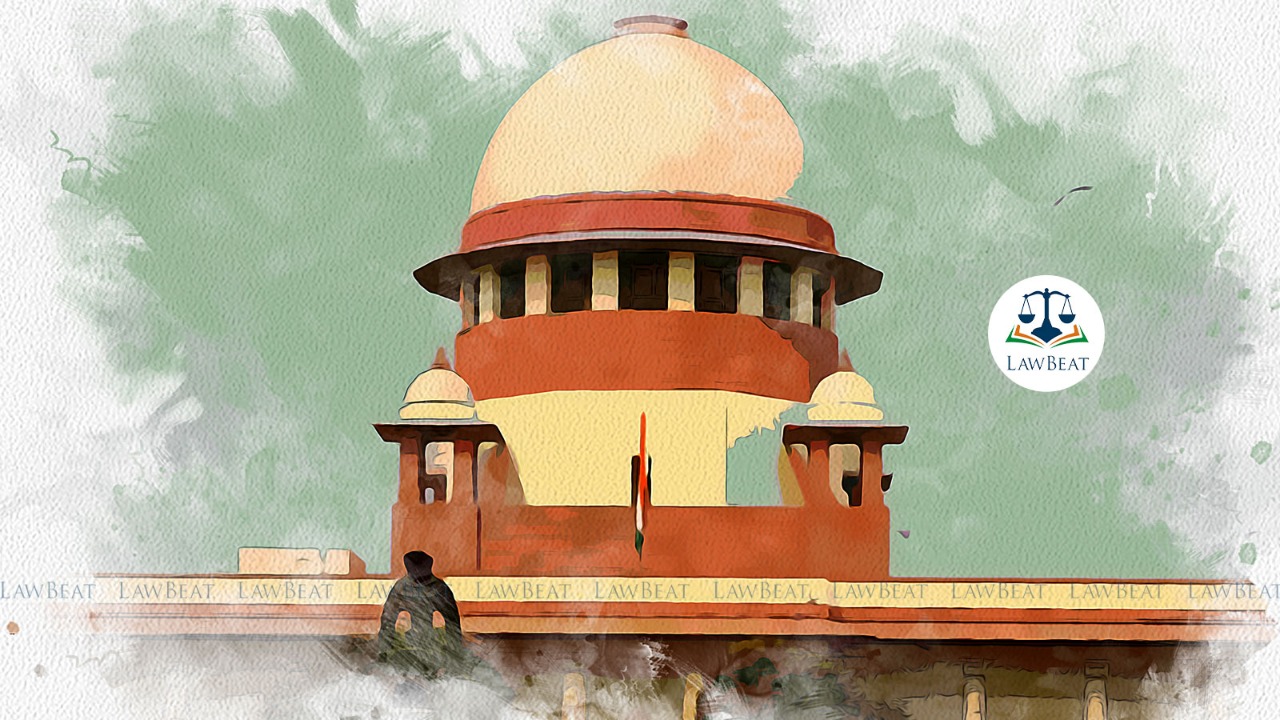Attempt By Insider To Encash Benefit Of Information Not Exactly Mens Rea-Supreme Court Affirms SAT Order

The Bench opined, "the fact that the respondent did not wait to take advantage of the situation, convinces us that his intention was not to indulge in insider trading”.
A Division Bench of the Supreme Court comprising Justice Indira Banerjee and Justice V. Ramasubramanian, while giving a comprehensive rationale and a detailed reasoning of not interfering with the SAT’s order, dismissed an appeal sought by SEBI. The pertinent question that the appeal, and therefore, the judgment dealt with was, what qualifies as price sensitive information with an advantageous position would that necessarily be categorised as ‘insider trading’. The Court answered in negation, considering the intention, resultant outcome of the respondent.
In the present matter the factual matrix was Abhijit Rajan was the Chairman and Managing Director of Gammon Infrastructure Projects Limited (GIPL) till September 20, 2013. After which he ceased to be Chairman, but continued to be a Director.
GIPL and Simplex Infrastructure Limited (SIL) were awarded a contract for the execution of a project, whose total cost was admittedly Rs. 1648 crores and Rs. 940 crores respectively, and entered into two shareholders Agreements. Under these Agreements, GIPL and SIL had to make investments in the Special Purpose Vehicles created by each other, in such a manner that each of them will hold 49% equity interest in the other's project.
But agreement was cancelled through a resolution, therefore the shareholders’ Agreements resulted in GIPL gaining very hugely. Subsequent to which the respondent sold about 144 lakhs shares (approx.) held by him in GIPL, for an aggregate value of approximately Rs.10.28 crores. SEBI then upon receiving information for possibility of the trading having taken place on the basis of unpublished price sensitive information, conducted a preliminary enquiry. Subsequent to which found him guilty of insider trading and hence made him liable to disgorge the amount of unlawful gains made by him to the tune of Rs.1.09 crores.
SAT in a statutory appeal sought by the respondent reversed the order. SAT made following observations:
- The information was not actually a price sensitive information
- that the respondent was in dire need to sell the shares to settle CDR.
- that there was no reason why SEBI did not take into account the last trade price of 03.09.2013, but chose the price as on 5 04.09.2013.
The Supreme Court while relying on the reasons that the SAT had put forth, and considering the pertinent factual matrix made several observations. It opined,
“In such circumstances an ordinary man of prudence would expect an increase in the value of the shares of GIPL and would wait for the market trend to show itself up, if he actually desired to indulge in insider trading. But the respondent did not wait for the information about the market trend, after the information became public. The reason given by him, which is also accepted by the WTM and the Tribunal is that he had to dispose of his shares as well as certain other properties for the purpose of honouring a Corporate Debt Restructuring (CDR) package. It is on record that if the CDR package had not gone 24 through successfully, the parent company of GIPL namely, Gammon India Ltd., could have gone for bankruptcy”.
Further the Court while agreeing with the Tribunal was also of the opinion that the respondent had no motive or intention to make undeserved gains by encashing on the unpublished price sensitive information that he possessed.
Court then opined, “The normal human conduct would be to wait for this event to happen. This event could have happened only after the publication of the information in question. The fact that the respondent did not wait to take advantage of the situation, convinces us that his intention was not to indulge in insider trading”.
“This is not a case where the respondent has come up with an excuse to justify his action that was intended to give him a financial advantage. This is a case where a man of ordinary prudence would have expected the price of the shares to go up, after the information became public, due to the impact that the information was likely to have on the turnover/net worth of the company”.
The Court also stated that an attempt by the insider to encash the benefit of the information is not exactly the same as mens rea. Therefore, the Court can always test whether the act of the insider in dealing with the securities, was an attempt to take advantage of or encash the benefit of the information in his possession
Court made following observations while answering the questions:
- the information regarding the termination of the two contracts can be characterised as price sensitive information, in that it was likely to place the existing shareholders in an advantageous position, once the information came into the public domain.
- the sale by the respondent, of the shares held by him in GIPL would not fall within the mischief of insider trading, as it was somewhat similar to a distress sale, made before the information could have a positive impact on the price of the shares.
While answering both, the Court did not think it to be necessary to go into other questions.
Case Title: Securities and Exchange Board of India vs Abhijit Rajan
